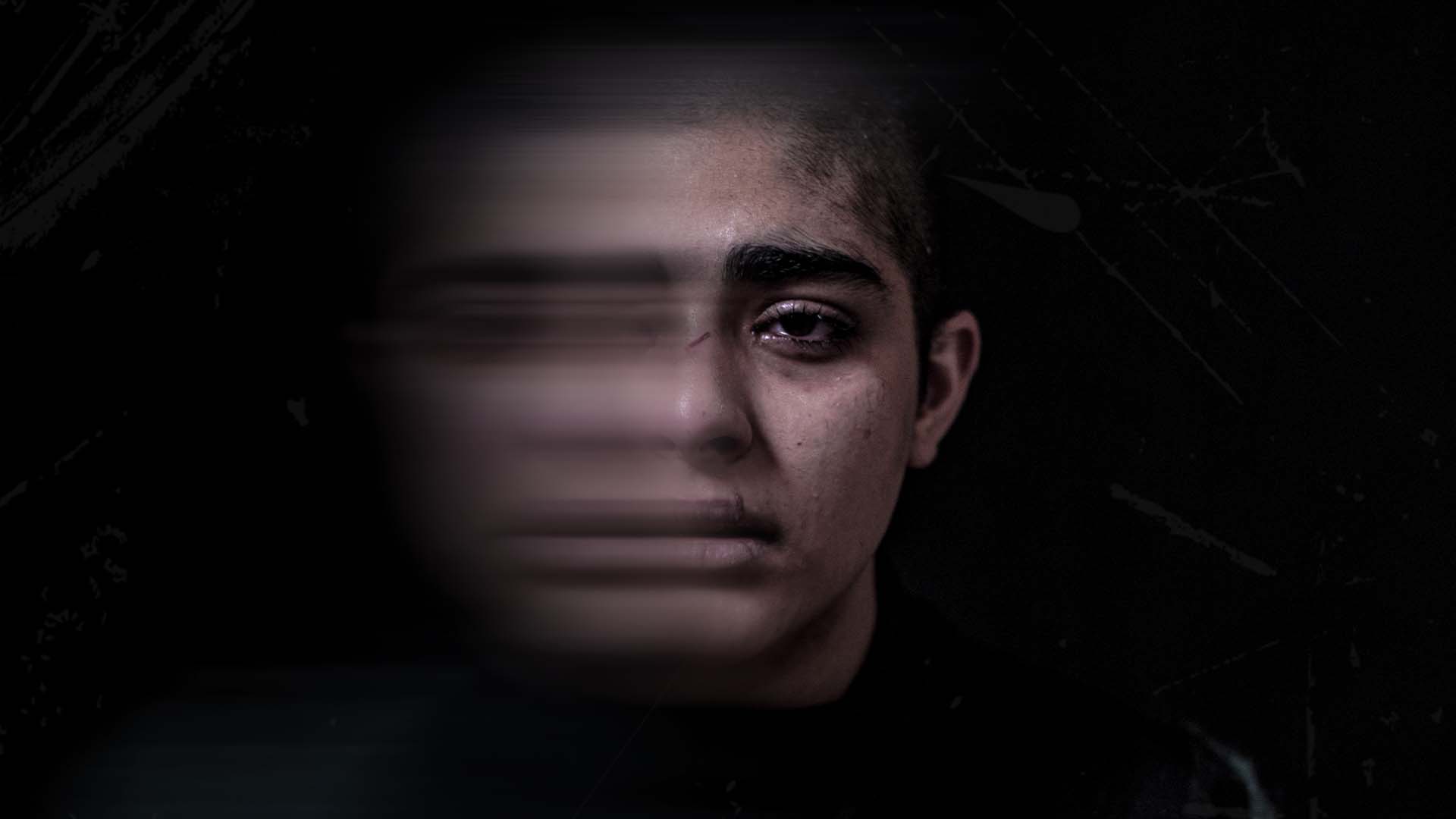
Rahele Karami: “Learning from Experiences”
Raheleh Karami, born in 1986, is a writer, director, reporter, and also photographer. Her writing activities include collaboration in the screenplay section of Farabi Cinema Foundation, wiriting Taha’s Silence, Man of Life, Pabus (winner of the best screenplay in Razavi Festival), Nazr (Best Screenplay for Sima Festival), Panj + Sara, Yuma (Mother) (Nominated for Best Award at the Children and Adolescent Festival, Never Say Goodbye, Lasting Screenplay and Yosheved as well as rewriting several films and series. Film: Doll award for Best Film at Shamseh Film Festival/ nominated for the Audience Award at the Whitney Film Festival in the UK/ nominated for the Third Hand International Film Festival Award for Best Actor and Best Actor at the Shamseh Film Festival for Doll/ Best Actor and Film from the National Labor Festival.
What are the most challenging aspects of being a filmmaker?
The most challenging part of filmmaking for me is dealing with issues and problems related to women and children. Sometimes the challenge is about the script and sometimes the main challenge is about the characters and the use of unexperienced actors that I select for the film.
What is your source of inspiration for this short film?
Generally, my source of inspiration is the social issues of the day, issues and problems that have either not been seen or have not been raised, and of course, the issues that at least happen to women and children, and sometimes these problems have not been made public yet and are simply ignored due to the government or other issues.

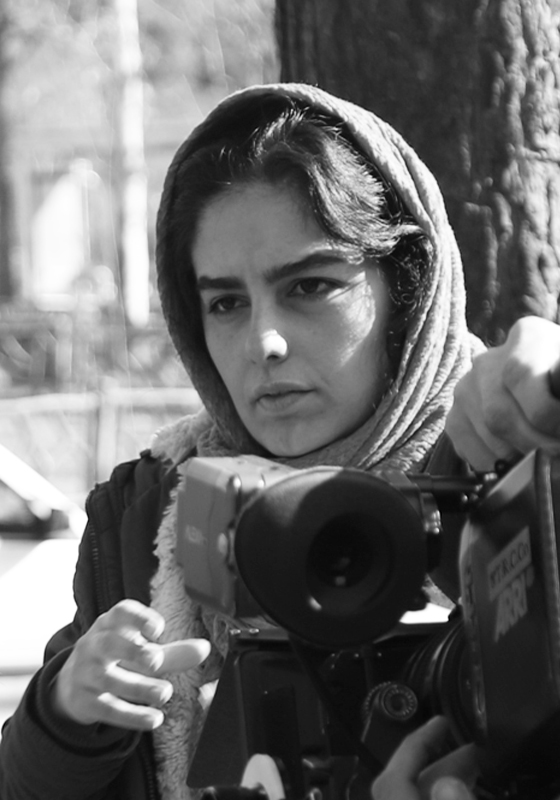
What is the theme of this film?
The story of the film is about a girl who enters a man’s cosmetics shop where the man simply abuses her verbally since she enters the shop. The girl sells her hair so that she can receive medical treatment that she immediately needs in a gynecologist’s office for what happened to her at home. She has to preserve the family’s reputation and stay silent about experiencing domestic violence.
How do you decide on possible ways to promote your film when you are on a tight budget?
Of course, with the advent of social media, it has become a lot more easier for people like me, because the costs of advertising for short films are not that affordable or the budget is not comparable to the costs of short films. I can personally say that it was only through social media.
How important do you think distribution is in today's marketplace?
For every filmmaker, short or feature film, and artist, it is important to present their products in the world markets. Presenting the product itself promotes the works, and sometimes it helps more for the next projects.
For those considering self-distribution, what is your advice?
Broadcasting the film helps the film to be seen more and better, specially for the actors of the film.
What was the worst challenge of your career so far? How did you take it over?
The worst challenge that cannot be said, but in fact the most difficult challenge for my previous short film Doll, was working with children, and the film is also about children who spend their family’s affairs on the street every day, and sometimes They are injured and die due to car accidents.
What are the factors to making a good film?
The first factor of making a good movie is the right subject with the right payment, the right script, the right choice of actors, especially the actors.
Is there anything you would change if you could go back to the beginning?
The short film is about learning and experience, and going through this path has had many experimental achievements, at least for me. If your question is related to the work of my related film (Good Girl), yes, I would definitely change the time and location of the film.

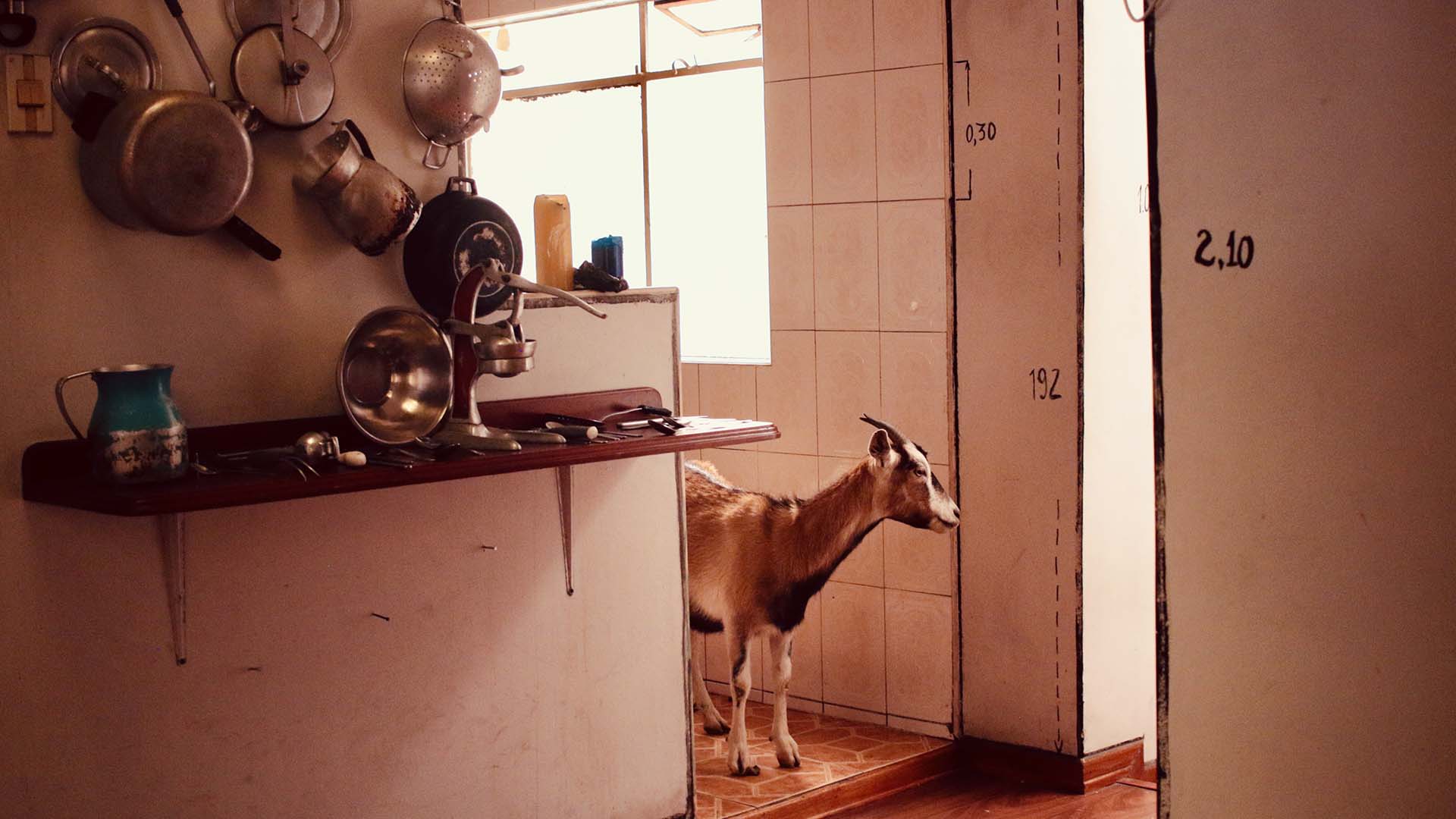
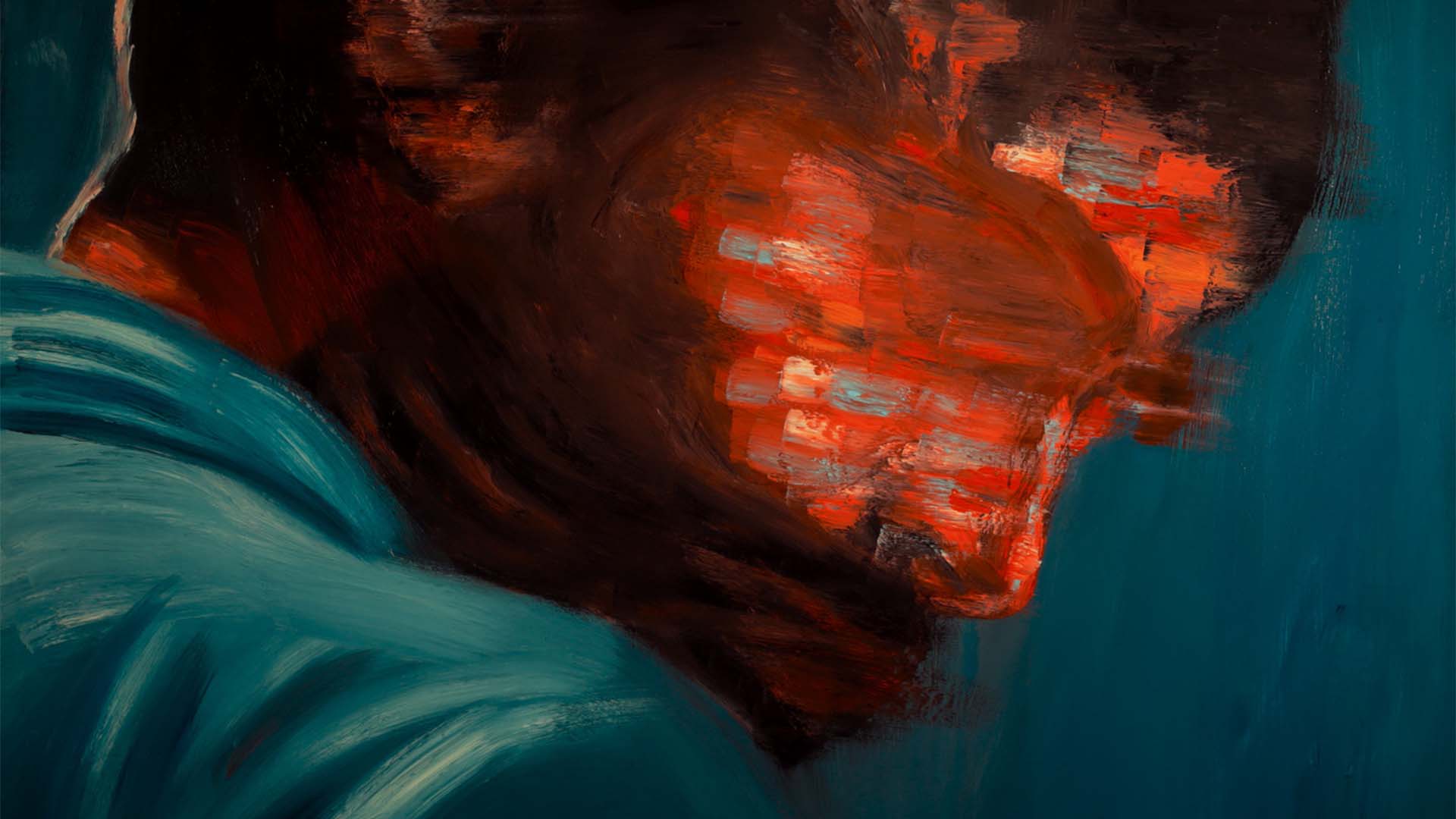
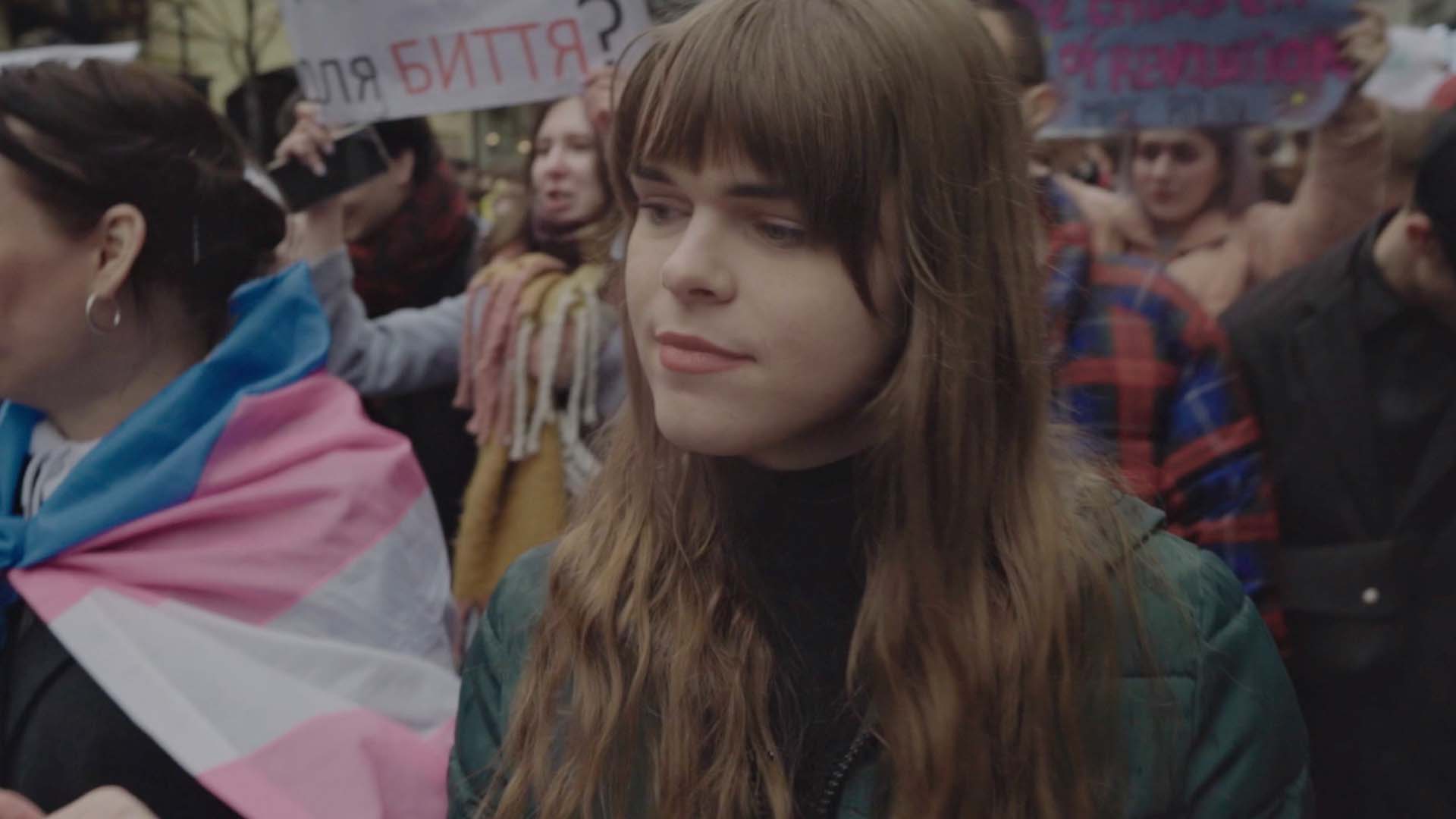

Leave a comment